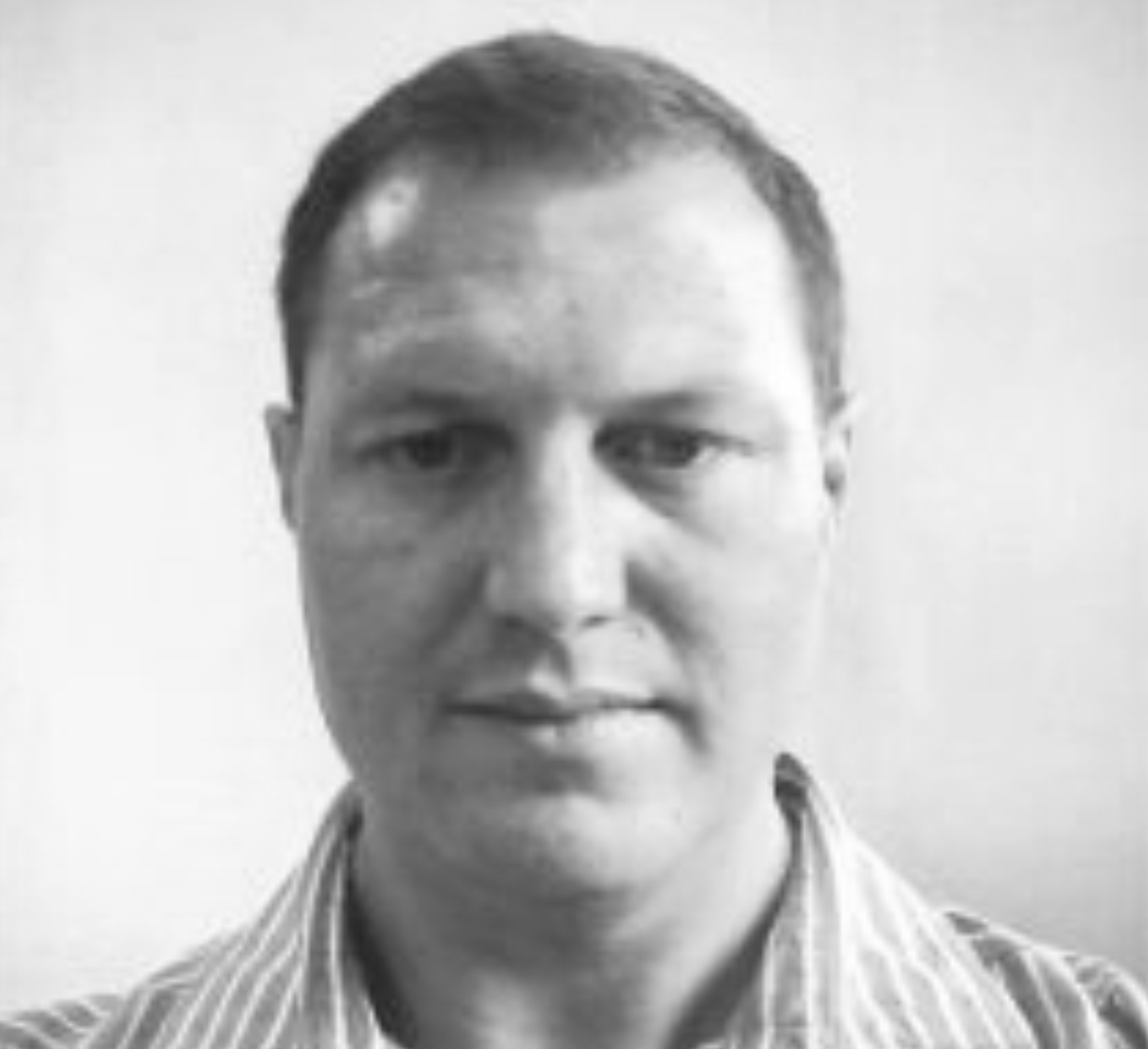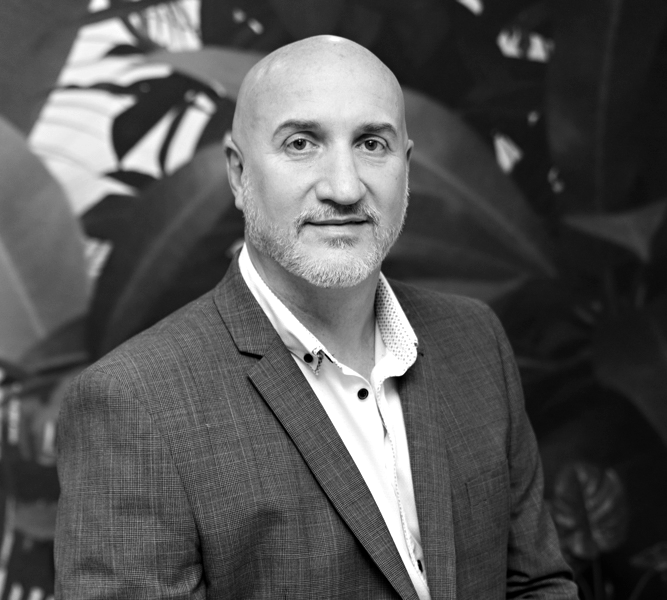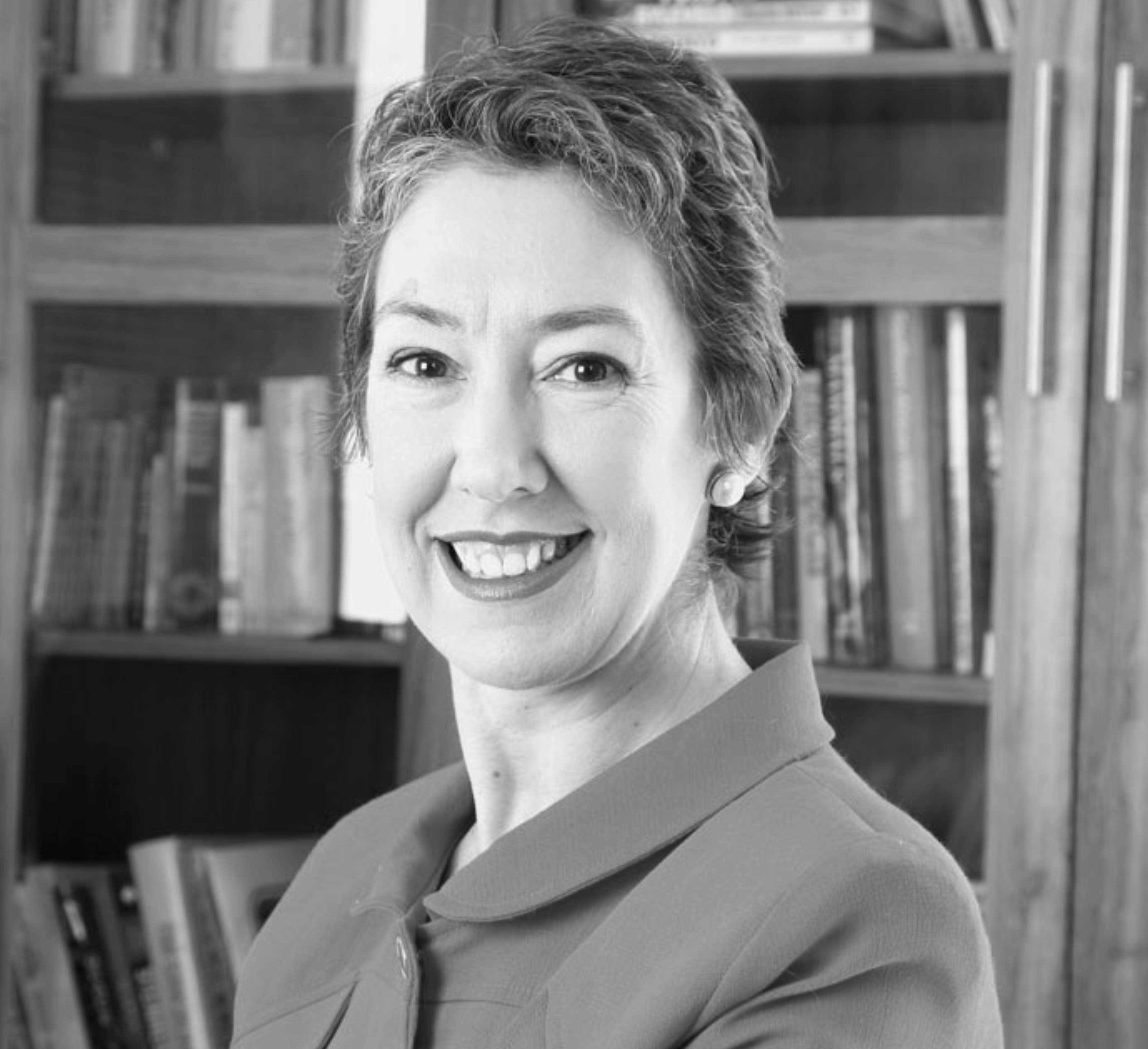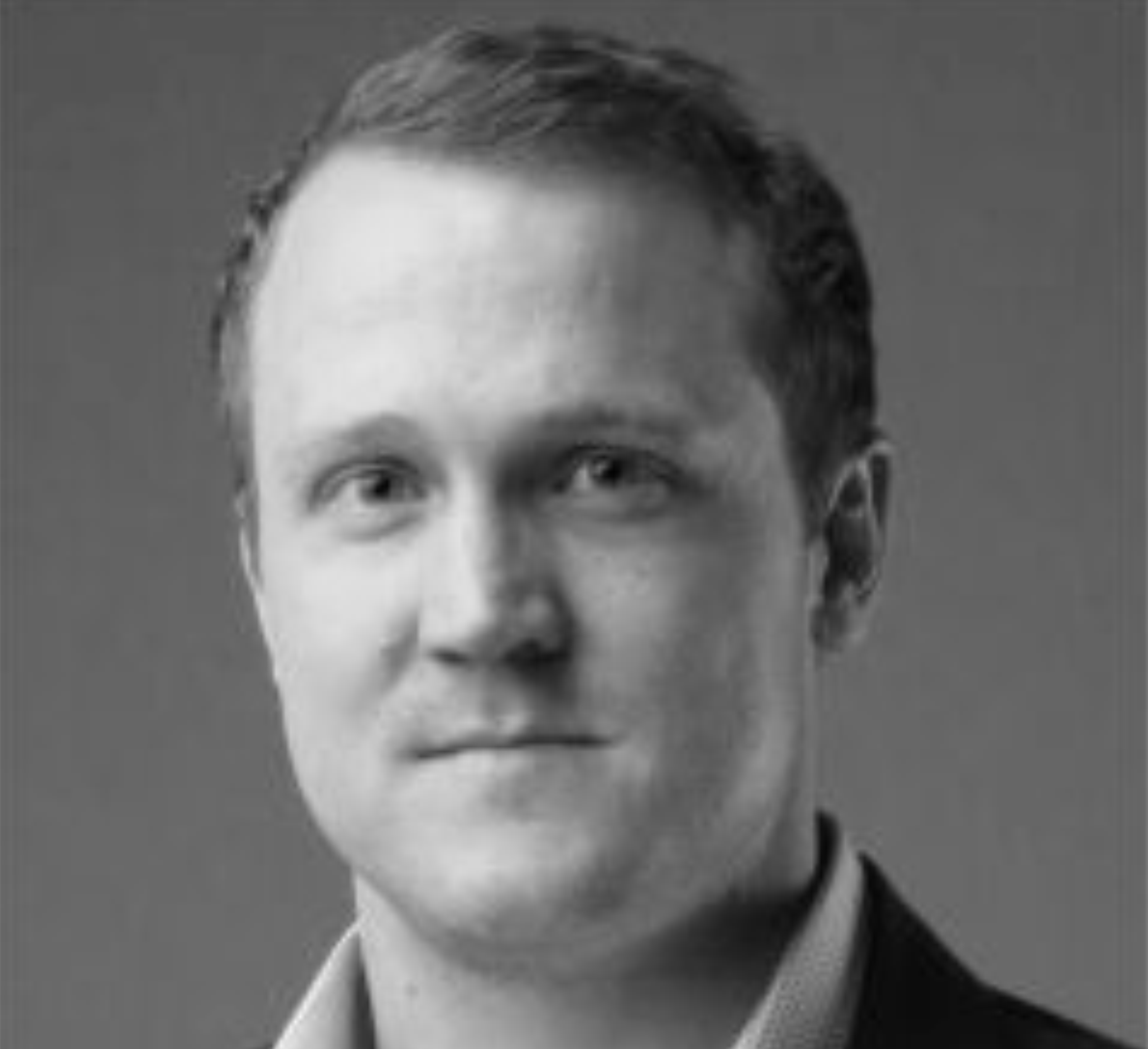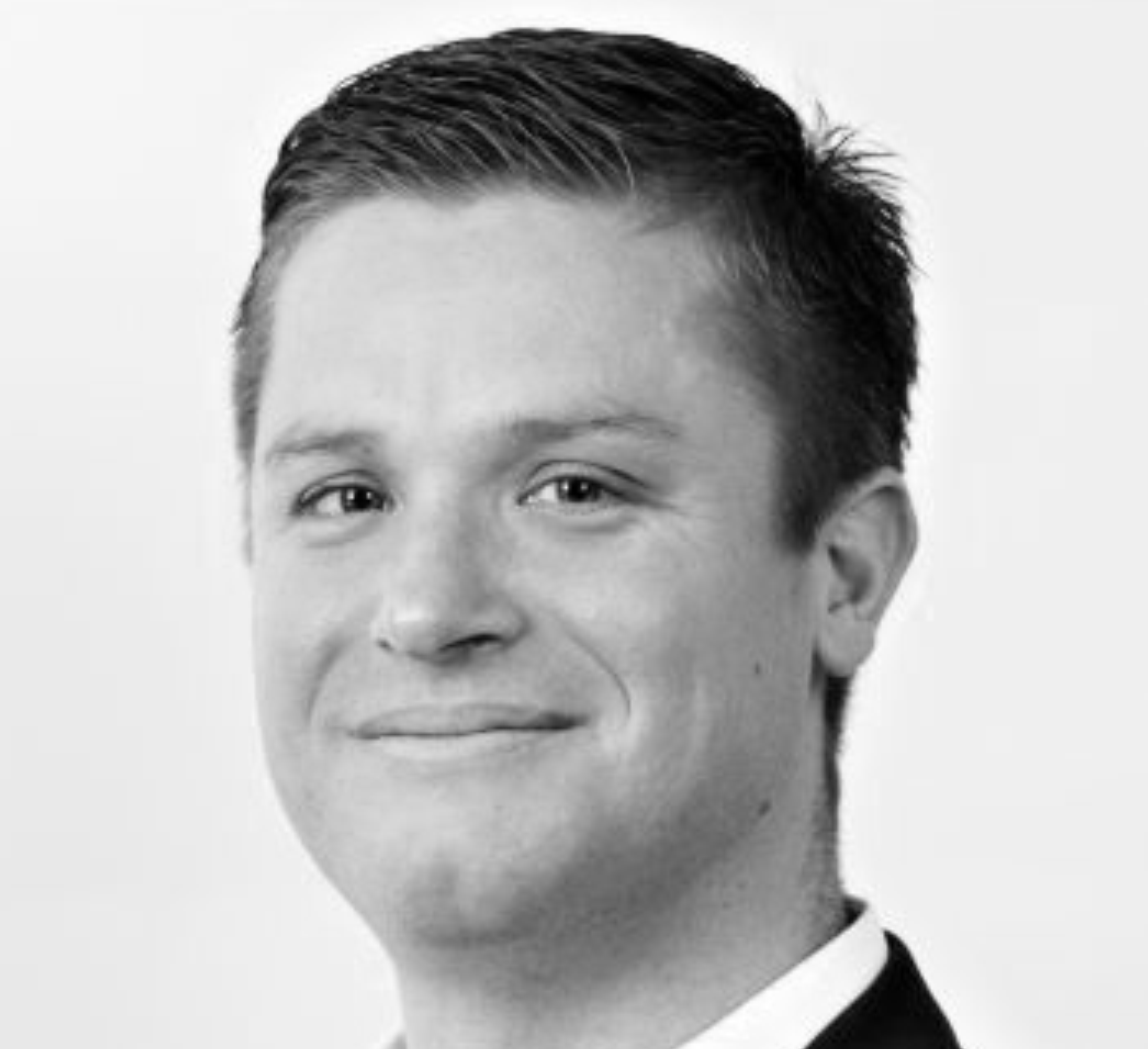163: Henk Cronje
Raised on a farm, Henk Cronje has returned to his roots as Head of Finance at Agri Technovation, a global innovation business focused on crop performance fuelled by science and technology.

Today’s podcast is sponsored by Draftworx, which provides automated drafting and working paper financial software to more than 8000 accounting and auditing firms and corporations. CFO Talks is a brand of the South African Institute of Business Accountants.
CIARAN RYAN: It’s my great pleasure today to welcome Henk Cronje, who is a seasoned finance executive with vast local and international experience. He’s a CA and a recently minted CFO (SA), that is the Certified Financial Officer (SA) designation offered by the South African Institute of Business Accountants, and we’ll talk about that in a minute. Henk is currently Head of Finance at Agri Technovation, which is a company that brings technology and science to agriculture, I’m very interested to hear about that. Henk spent many years working abroad, where he honed his skills in a range of different industries. He’s got a strong background in auditing, and he’s built a reputation for enhancing processes and problem-solving, we want to talk to him about that too. First of all, welcome, Henk, where are you based? Are you in Johannesburg, Cape Town, where are you?
HENK CRONJE: Hi Ciaran, thank you for inviting to your podcast. I am currently based in Wellington in the Western Cape, where our factory is also situated, but I am originally from Pretoria.
CIARAN RYAN: Can you kick off and just tell us about Agri Technovation, what it does and just give us a sense of the size. This is an international company, so it’s obviously got representation all over the world, right?
HENK CRONJE: Agri Technovation is an agricultural focused company, it does specialised plant nutrition in terms of products and whole crops, and also specialised farming services. We bring all that together on an IT cloud-based platform, which basically is a collection of a lot of data based on the services and yielding and so on of different crops. That gives our internal specialist, as well as the end user, the farmer, all the relevant data for him to make informed decisions based on the data that he’s got.
CIARAN RYAN: Okay, so the whole idea being that farmers can get better yields from their crops and, presumably, become more profitable as farmers, is that correct?
HENK CRONJE: The focus is to get better yielding for the farmers but also this historical data can make conclusions about what the future will hold for them and where they need to focus on their own farmland to improve yielding at the end of the day.
CIARAN RYAN: I suppose it goes without saying that like any area of life, there’s a huge amount of science being applied to agriculture to get yields improved, to make it more profitable. We hear about food shortages and all that kind of thing, but science is really coming to the party in some amazing ways, is it not, to solve these problems?
HENK CRONJE: I think science definitely but on top of that, technology. AgTech is the new buzzword worldwide, especially after Covid, everyone is much more focused on having their own food sources internally and having their own land in country. Yes, it’s definitely applying the science factor with the technology on top of that.
‘It’s great to be part of the CFO family.’
CIARAN RYAN: Okay, I want to jump in now and talk about what I mentioned in the intro, the CFO (SA) designation, tell us what motivated you to apply for that. Are there some things that you feel you are only going to learn from experience or something that you can pretty much pick in the classroom? What is the motivation, first of all, behind the CFO (SA) designation for you?
HENK CRONJE: I joined the CFO site for mainly the networking and also to tap into knowledge of everyone in that area or in this space. So I think we can learn quite a lot from each other, instead of being on your own, it’s great to be part of a CFO family.
CIARAN RYAN: Right and sharing experiences and knowledge and that kind of thing and being part of a community I guess helps build your career and helps build your knowledge base.
HENK CRONJE: Yes, I think we can always learn from someone and if we can put those mindsets together it will be great for the industry but also for us individually and at the end of the day, the companies will benefit by sharing those skills and knowledge.
CIARAN RYAN: Tell us a bit about yourself and your background, where did you grow up, you mentioned Pretoria. Where did you go to school and how did you end up in Wellington, give us the background?
HENK CRONJE: I was raised in Pretoria, I did my chartered accountancy at University of Pretoria, all my studies and finished my chartered accountancy. I did my articles at a small-medium firm, I think that opened the doors for me to get involved in a lot of different businesses and sectors, instead of just focusing on one area, whether it be tax or auditing. Then from there I had an opportunity to work in Johannesburg for a couple of years and then I moved over to the UK for quite a few years as well, working for big multinationals. So I think bringing the small SME experience together with the big multinationals honed my skill set, especially on the processes, problem-solving and the strategy side.
CIARAN RYAN: Okay, so you articled in a fairly small to medium-size practice and you found that there were some advantages in that, rather than in a big firm, just expand on that, why do you say that?
HENK CRONJE: In my experience, Ciaran, you get involved in a lot of different areas, compared to the big five, where you focus maybe just on the tax division or the auditing division, you’re basically doing everything from beginning to end, which broadens your knowledge base, instead of just focusing on a specific area. It’s pretty much the same when I started working in an SME company as a financial manager, you’re also involved in all aspects of the business, being an SME business, compared to a big multinational, where you might just end up being in a specific area or department within the big organisation.
CIARAN RYAN: So you ended up overseas, where were you working overseas and at what point did you come back to South Africa?
HENK CRONJE: We went over for about four years, I worked at De Vere Venues and De Vere Hotels. I also worked for a couple of years at Alliance Healthcare, they own a lot of the Boots pharmacies. Working at those multinationals was a step up from the SME environment, you needed to change your mindset and learn the bigger picture in terms of getting involved in bigger businesses. We were probably there for about four or five years and then we decided to come back to South Africa, and I’ve probably been back now for about seven or eight years. When we came back, I joined a manufacturing company in Johannesburg for about five years and since then I got an opportunity to get involved in the agricultural side and that’s when we decided to move to a smaller suburb, which is great for the kids, and not a lot of traffic like I used to have in Johannesburg. But it’s all relevant now with Covid and there are a lot of people working remotely in any case. I was born and raised on a farm, so in my younger days, before I went to university, I was raised on a farm, so I always liked the outdoors and the agricultural side. So it was a good fit for me to get involved in a new adventure in terms of the new opportunity that came along.
‘I’m surrounded by farms and I’m working in the agricultural sector, so it’s all great at this stage.’
CIARAN RYAN: So now you’re in Wellington, which is just a little bit north of Paarl, is it about an hour away from Cape Town?
HENK CRONJE: It’s very centrally located, it’s a 40-minute drive to Cape Town International, a 40-minute drive to the V&A, and a 40-minute drive to the beach. So it’s very central but still very rural.
CIARAN RYAN: Rural but almost feels like you’re in the suburbs.
HENK CRONJE: Yes, and very much surrounded by all the winelands and all the different wine estates.
CIARAN RYAN: So you feel like you’ve gone back to your roots, in a sense, you’re surrounded by farms.
HENK CRONJE: I’m surrounded by farms and I’m working in the agricultural sector, so it’s all great at this stage.
CIARAN RYAN: You said we, are you talking about your wife, you went overseas with your wife and then you both decided to come back?
HENK CRONJE: Yes, I was basically newlywed, newly qualified when we went over to the UK but subsequently, we’ve now got three young kids and I think that’s one of the reasons why we decided to raise them in a smaller village.
CIARAN RYAN: Just discuss for a minute this issue of problem-solving, this is something you seem to have a particular ability or gift for, how much of the finance executive’s work today is identifying problems and then coming up with solutions to them?
HENK CRONJE: Yes, Ciaran, I think quite a lot and more often than people actually realise it, maybe just because they don’t see it as problem-solving issue. From my experience, especially with us expanding globally and having massive growth continuously, there is continuously problem-solving, whether it’s from small issues to big issues, system issues, focusing on strategy again, resolving those issues. I would probably say that 20% to 30% of the time is identifying problems but with the problems there are also opportunities, and then focusing on implementing solutions, mostly system driven. As we all know, there’s not one set of ERP system that can give you all the answers, and it’s trying to automate wherever you can, so that we can get into a process where we as finance business partners can add value to the business or different departments within a business, instead of just sticking to the number crunching.
‘I think in a lot of instances there is no course or no technical course or degree that’s going to set you up to think out of the box.’
CIARAN RYAN: I did touch on this point a little bit earlier, but I’d like to get your opinion on it, are there some things in the accounting profession that you are only going to learn from experience? You mentioned why you did the CFO (SA) designation, it was the networking possibilities and the sharing of information that that allows. So that leads me onto my next question, what are some of the most challenging assignments you’ve had and are those growth opportunities, things that you’re confronted with that you really can’t look up in a book or get knowledge from a classroom or a teacher, something you have to work out yourself. Does that ring true for you?
HENK CRONJE: Yes, I think in a lot of instances there is no course or no technical course or degree that’s going to set you up to think out of the box. I think it’s all very good tools to use, so that you’ve always got a reference to go back to but I think your experience come from honing your skills while you’re in the business and growing in the business, where you can refer back to past experiences, but also have the confidence based on historical successes that you’ve implemented across various industries and processes.
CIARAN RYAN: The second part of that question was what are some of the most challenging assignments you’ve ever had to face, can you give us one or two examples?
HENK CRONJE: I think having growth facilities happening across the globe, but all happening at the same time is quite a challenging process. So we are in that position now where we have massive growth in land but also expanding and growing in the countries we already operating in but with that are new markets and new countries that we’re entering and expanding to as well, and it’s all happening at the same time. So there isn’t a lot of time to do it country by country and focusing or getting all your systems implemented at once. So that is the challenging side is to keep all of that together and still having proper systems and controls in place. I think it falls back to what I said before, to automate wherever you can to add value to the business.
CIARAN RYAN: Just talking more broadly now about the accounting profession, what is your opinion, is it in crisis with all of this news that we’re hearing about accounting scandals and misstatement of financial statements. If it is in crisis, what can be done about this?
HENK CRONJE: I won’t say that the accounting profession is in crisis as a whole, I think there are certain elements that need to be rectified. I think a lot of the professional bodies have started with strong ethical implementations across their various industries, I’m thinking of SAICA, CIMA and SAIBA. But I think there’s still a lot more that we can do in the accounting profession, not just in terms of the bad news we’re hearing but also in terms of growing staff internally in terms of these gaps. I think the academy side is still very much technically focused and not practical focused, and I think we need to start passing those skills and experience over to our internal staff for them to grow and to fill those gaps in terms of automating more systems and adding more value to the business, instead of just being number crunchers. So I think from my side, yes, the ethical business is one area we need to focus on but I think even more than that is that we need to get into a position where we can add value to businesses and support business partners in different departments within the business, and understand businesses. I think the academic side is still very much focused on just doing number crunching and working in silos and I think those are the barriers that we need to break, and understand businesses and getting departments together to bring that value adding stuff through to the businesses.
CIARAN RYAN: Right, the softer skills like the communication side of things, the team management, the strategy, those kind of things, which you’re not really going to get much benefit out of a classroom, right, these are things that you learn along the way.
HENK CRONJE: 100% and I think that’s where we need to focus also a lot in organisations and maybe from academic institutions as well, to start implementing more practical-orientated courses that will fill these gaps in the market because I can see there are quite a lot of gaps in markets. Everyone wants the value adding in terms of growing the business and adding value to the business, but I don’t think a lot of businesses get to that just because of where we are currently as the accounting industry.
CIARAN RYAN: Let’s talk now about, not that your career is anywhere near an end, but if you look back on it in ten to 15 years from now, what would you like your legacy to be? A lot of people say that they mentored some of the younger accountants coming up and helped them develop into their leadership skills. What would you like your legacy to be?
HENK CRONJE: My legacy, it will be great for me if I can get everyone who is working with me up to that level where they can fill those gaps in the market and transferring those skills and knowledge across, which we talked about now, the gaps that are currently in the market.
CIARAN RYAN: Okay, a couple of personal questions now, what do you do in your downtime?
HENK CRONJE: I think it’s very important, especially if we work all these long hours, where most of us are in CFO positions, is to try and balance it with some exercise. So I go to the gym very early in the morning, just to do some stress relieving and having some time for myself, which helps me to get focused during the day. I do some bicycle riding on my mountain bike now and again over the weekends. Other than that, we need a balance with family time, so I try to spend as much time with my kids as possible.
CIARAN RYAN: Talk about your kids and how old are they?
HENK CRONJE: I’ve got three kids, my oldest boy is eight, my girl is seven and my youngest boy is now turning three. It’s a young family.
CIARAN RYAN: And very, very time consuming as well.
HENK CRONJE: 100% and that’s one thing that we also need to be focused on, we need to focus on our career development, but we also need to focus and develop our relationships with our own families and friends as well, and not have an unbalanced lifestyle.
CIARAN RYAN: Okay, so a lot of balance. You really are working hard at getting the balance, spending time with the kids, exercising, doing things outside of the office environment, right?
HENK CRONJE: Yes, very much, especially since Covid for the last two years, we were forced to work indoors, so it’s great for me to get outdoors as much as possible.
Staying on top of emerging technology trends
CIARAN RYAN: Okay, great, talk to me about any books that you’ve been reading and that you’d like to share, something that has maybe been inspiring for you.
HENK CRONJE: I’ve got a few but the other thing that’s also quite important is to afterhours, where possible, try to look at what software is available or what process automation is available to try and keep up to date with the technology that’s available to make our lives easier and get to the value adding in terms of what we need to fulfil in our roles.
CIARAN RYAN: So you’re a bit of a techno geek as well, you follow all the latest software development, make sure that you’re up to speed.
HENK CRONJE: Wherever possible, yes, but I always try to at least know what’s available to see if there’s synergy and if there’s synergy, to put more time into that if it’s going to make our lives easier and make things more streamlined.
CIARAN RYAN: In terms of reading, do you like things that unplug you from the work environment or do you like things that are leadership related or business related, what’s your preference?
HENK CRONJE: I think more business and relationship focused. You asked for a few books, I’ve read Profit First by Mike Michalowicz, which was quite an interesting book. The E-Myth Chief Financial Officer: Why Most Small Businesses Run Out of Money and What to Do about It by Michael E. Gerber.
CIARAN RYAN: Talk about that one, what was your takeaway from that one?
HENK CRONJE: I think it comes very much down to what we discussed earlier in terms of processes and building processes and systems within a business and get that together. Basically, building the whole engine so that the engine can run.
CIARAN RYAN: Okay and the other one you said was Profit First.
HENK CRONJE: Profit First, yes, that’s also quite an interesting book in terms of probably more personally focused than business focused but it’s about dividing your income and making sure you put it into the right pots or different areas, and making sure you fill all those gaps in the investment side to try and diversify your income.
CIARAN RYAN: At a personal level.
HENK CRONJE: At a personal level but you can obviously apply that to business levels as well.
CIARAN RYAN: Yes, rather like Rich Dad Poor Dad, I think he had a very clever way of explaining what is an asset, something that generates an income, and if it’s not generating an income or a return for you, then it’s not an asset. That would include the house that you’re living in, of course it could be argued that if you weren’t paying off your mortgage, you’d be paying rent somewhere, so it would be a cost somewhere else. But I think it got people to understand what it is that creates wealth. So these are sometimes very important books to get your mind around and I’m going to look out for that one myself, I’m very keen on that sort of thing, Profit First.
HENK CRONJE: The other one that was quite interesting to me as well and I think most people have read it, Start with Why by Simon Sinek, and you can implement that in a lot of areas in business or in your own personal life.
‘I think our company is already a very innovative company in terms of all the technology that we’ve developed in this specific agricultural sector.’
CIARAN RYAN: Thanks for that, you gave us a few bonus books there that I certainly had never heard of before and I’m quite keen to chase that down. What a great story, I think your career journey has been fascinating and it sounds like it’s a story that hasn’t been fully written yet, it’s a developing story. I think you having ended up in the Western Cape after growing up in Pretoria, you spent some years overseas and you’re growing your family now, so I think you’re pursuing your goal with some purpose, and you clearly have a plan and you’re sticking to that. Would that be fair to say?
HENK CRONJE: Yes, Ciaran, thank you, I think you nailed it and let’s see what the future holds. It looks like it’s still expanding, it still growing with more opportunities but also more of a need for special skill sets that we need to own internally.
CIARAN RYAN: Just a final question on this point about technology in the company that you’re at, you do a lot of research on what are the latest technologies. Are you doing this from a professional point of view, you just want to know that you’re fully informed of the tools that are available or that could assist the company to perform better, is that the reason you’re doing that?
HENK CRONJE: I think our company is already a very innovative company in terms of all the technology that we’ve developed in this specific agricultural sector, so we’re definitely trying to apply the same mindset internally within our own organisation as well. So we’re trying to see what can make our lives easier and having the expansion and growth in mind, to see how we can facilitate that going forward. I always say you need to zoom in and zoom out, so if you zoom out and you think of the bigger picture and looking at where we are going, the new countries that we’re expanding into and where we’re going to be in the next three to five years, we already need to start looking at what we can automate and build those process systems, and start thinking about it today already.
CIARAN RYAN: It’s a fascinating future, given the growth, growth is always something that requires a lot of preplanning, you’ve got to get the logistics, you’ve got to get the resources, capital, everything marshalled, so that you can do it without falling over because growth can also be a dangerous step, right?
HENK CRONJE: Yes, cash flow is always king, so we are very strict on cash flow, doing it every week and keeping our fingers on that ball. Like you said, that is the risk associated with high growth.
CIARAN RYAN: Henk, we’re going to leave it there, thanks so much for coming on, I really enjoyed the conversation. I am very keen to stay in touch with you and see how things are going. There’s a growth story happening there and as pointed out earlier, I don’t think this story is anywhere near finished, I think there are going to be a lot more chapters to be written in the coming months and years. So please let’s stay in touch.
HENK CRONJE: Thank you, Ciaran, I appreciate your time and we’ll definitely stay in touch, and all the best.

